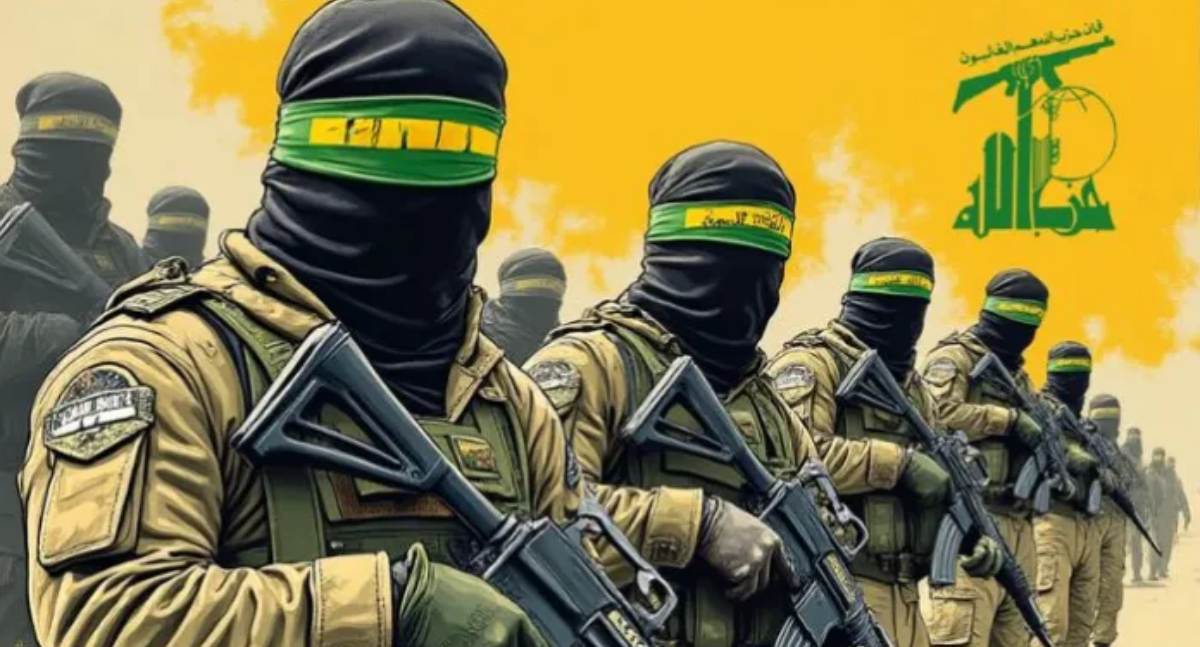The latest drone attack targeting Israeli Prime Minister Benjamin Netanyahu’s private residence in Caesarea has added a new twist to the ongoing conflict in the Middle East involving Israel, Hezbollah, and Hamas. While no casualties have been reported, and the Israeli PM and his wife are said to be completely safe, the drone attack raises serious questions about the scope of this conflict and whether the Lebanon-based militant group Hezbollah has crossed the red line. As tensions rise in the Middle East, this latest attack could have far-reaching implications for the Middle East.
Hezbollah’s decision to target the Israeli PM’s home is a bold and calculated move, potentially redrawing the boundaries of the ongoing military conflict in the highly volatile region. The attack was not just an assault on the head of a government but also an attempt to send a direct message to the Israeli leadership. While Hezbollah has not yet claimed responsibility, launching a drone from Lebanon – as claimed by the Israeli Defense Forces – with the intent to strike the residence of the Israeli Prime Minister is a clear escalation in tactics, hinting at the militant group’s willingness to expand the scope of conflict by targeting high-profile individuals.
Such tactics – setting a dangerous precedent by shifting focus from military targets to political leadership – could trigger more aggressive responses from Israel, leading to an increase in the scale and intensity of military operations across the region.
Will The Conflict Escalate?
The attack is likely to fuel the already volatile situation. At the moment, the Middle East is witnessing one of its most complicated and multifaceted conflicts in decades, with Israel getting engaged in military confrontations on multiple fronts. In recent weeks, the conflict has expanded beyond Gaza and Lebanon -from where Hezbollah operates. The targeting of Netanyahu’s residence comes amid heightened tensions after the more recent killing of Hamas leader Yahya Sinwar and the ongoing Israeli airstrikes against Hezbollah positions in Lebanon.
This drone strike not only risks further fuelling the public sentiment in Israel but also provides Tel Aviv with additional justification for expanding its military actions. It signals that the war’s boundaries may no longer be restricted to regional battlefields, potentially leading to a new phase where leaders and strategic assets become prime targets. This incident has increased the likelihood of a more destructive conflict, as both sides may seek to upend the balance of power through more audacious attacks.
Israel’s Likely Response
After the drone attack on Netanyahu’s residence, Israel is expected to retaliate more strongly and forcefully – further jeopardizing the efforts and talks aimed at stopping the conflict and establishing peace in the already volatile region. In response to the drone strike, Israel is expected to intensify its military operations against Hezbollah, targeting key positions in Lebanon with more precision airstrikes and potentially aggressive ground incursions. The Israeli government may also tighten its missile defence systems, and surveillance, particularly around areas housing key political figures.
Moreover, the Israeli military has been proactive in intercepting drones and other aerial threats from Hezbollah and Hamas, but provocations like this could prompt even stricter responses. An attack of this nature reinforces Israeli PM Netanyahu’s narrative that the conflict is not just about territorial disputes but also about Israel’s existence, and its national security, thereby strengthening his domestic position amidst his criticism for the alleged war crimes.
Is Israel Winning The War?
While Israel has made significant military gains by eliminating key militant leaders like Yahya Sinwar, Ismail Haniyeh, and Mohammed Deif and targeting Hezbollah command centres, it is premature to say that Israel appears to be winning a costly war. The conflicts in Gaza and Lebanon have drawn significant casualties and displaced millions, leading to huge humanitarian crises that have drawn international criticism. Moreover, fighting on two fronts has stretched Israel’s military capabilities, making it challenging to sustain long-term operations without straining resources.
For Netanyahu, who has experienced a surge in popularity due to the perceived successes against the militant groups – Hezbollah and Hamas, the war, if it drags on, can also pose significant risks to his leadership. If the conflict continues with no clear resolution in sight, public sentiment could shift again, especially if the government fails to secure the release of hostages or prevent civilian casualties. Additionally, renewed protests and demands from military reservists to address the hostages’ situation could undermine Netanyahu’s wartime government.
It is beyond doubt that the drone attack targeting Israeli Prime Minister Netanyahu’s residence will have severe implications – Israel’s likely response will be swift and robust, potentially leading to further military engagements in Lebanon. Although Netanyahu’s position has strengthened for now, the war’s toll on multiple fronts continues to pose significant challenges, making it difficult to say who the real winner is.













